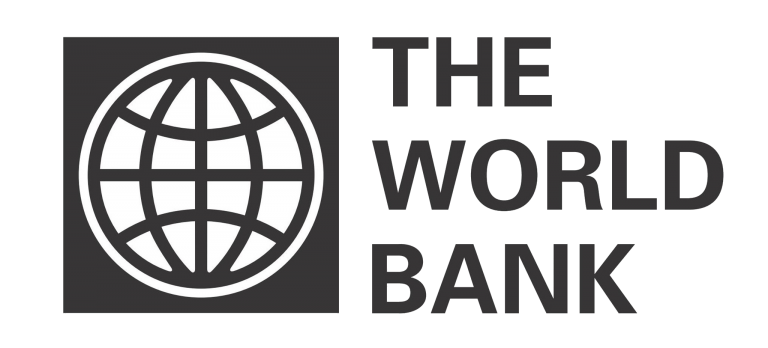Despite carrying out four reforms, the World Bank ranked Nigeria 146th on its Ease of Doing Business Report for 2019, released on Wednesday, October 31, 2018, one level worse than the previous 145th.
The country, the largest economy on the African continent came far behind Mauritius, which joined the group of top 20 economies this year; Rwanda, which ranked 29; and Kenya, 61st.
The report “Doing Business 2019: Training for Reform report,” said other nations that earned coveted spots in this year’s global top improvers, were Togo, Kenya, Côte d’Ivoire, and Rwanda, led by Mauritius which regained a spot in 20th place.
Nigeria carried reforms in the area of “making Starting a Business easier in Kano and Lagos, the two cities covered by Doing Business.
“Getting Electricity and Trading Across Borders also saw reforms in the two cities.
“In addition, Lagos made Enforcing Contracts easier by issuing new rules of civil procedure for small claims courts, while Kano, in a negative move, made property registration less transparent by no longer publishing online, the fee schedule and list of documents necessary to transfer a property,” the World Bank noted.
According to a statement by the World Bank, new record were set with a total 314 reforms introduced to improve business climate by governments around the globe and in the process, bust efforts for the domestic private sector over the past year. This year’s reforms surpassed the previous all-time high of 290 reforms two years ago.
In Sub-Saharan Africa, a record number of 40 economies implemented 107 reforms, a new best in number of reforms for a third consecutive year for the region, up from 83 reforms implemented in the region in the previous year. The region surpassed Middle East and North Africa region which also scaled a new high with 43 reforms.
A further breakdown showed that the reforms were carried out in 128 economies, for the benefit small and medium enterprises, as well as entrepreneurs, enabling job creation and stimulating private investment.
Also, the World Bank said this year saw the highest number of economies carrying out reforms, with 40 of the region’s 48 economies implementing at least one reform, compared to the previous high of 37 economies two years ago.
It quoted World Bank Group President, Jim Yong Kim, as saying: “The private sector is key to creating sustainable economic growth and ending poverty around the world.”
Fair, efficient, and transparent rules, which Doing Business promotes, he said, “are the bedrock of a vibrant economy and entrepreneurship environment. It’s critical for governments to accelerate efforts to create the conditions for private enterprise to thrive and communities to prosper.”
On the global top 10 economies are: New Zealand, Singapore and Denmark, which retained first, second and third spots, respectively, for a second consecutive year, followed by Hong Kong SAR, China; Republic of Korea; Georgia; Norway; United States; United Kingdom and FYR Macedonia, in that order.
Notable changes to the top 20 ranked economies this year included the United Arab Emirates (UAE), which implemented four reforms joins for the first time, in 11th place, while Malaysia regained its spot in 15th place, on the back of its implementing six reforms.
The year’s top 10 improvers, based on reforms undertaken, are: Afghanistan, Djibouti, China, Azerbaijan, India, Togo, Kenya, Côte d’Ivoire, Turkey and Rwanda, while with six reforms each, Djibouti and India are in the top 10 for a second consecutive year.
“The diversity among the top improvers shows that economies of all sizes and income levels, and even those in conflict can advance the business climate for domestic small and medium enterprises. Doing Business provides a road map that different governments can use to increase business confidence, innovation, and growth and reduce corruption,” said Shanta Devarajan, the World Bank’s Senior Director for Development Economics and Acting Chief Economist.
In the words of Rita Ramalho, Senior Manager of the World Bank’s Global Indicators Group, which produces the report, “this year’s results clearly demonstrate government commitment in many economies, large and small, to nurture entrepreneurship and private enterprise. If the reform agendas are complemented with training programs for public officials, the impact of reforms will be further enhanced, new data show.”
Since its inception in 2003, more than 3,500 business reforms have been carried out in 186 of the 190 economies Doing Business monitors.
Trending Today
Menu








